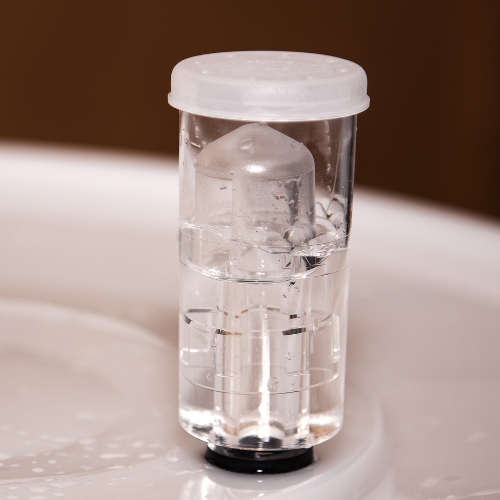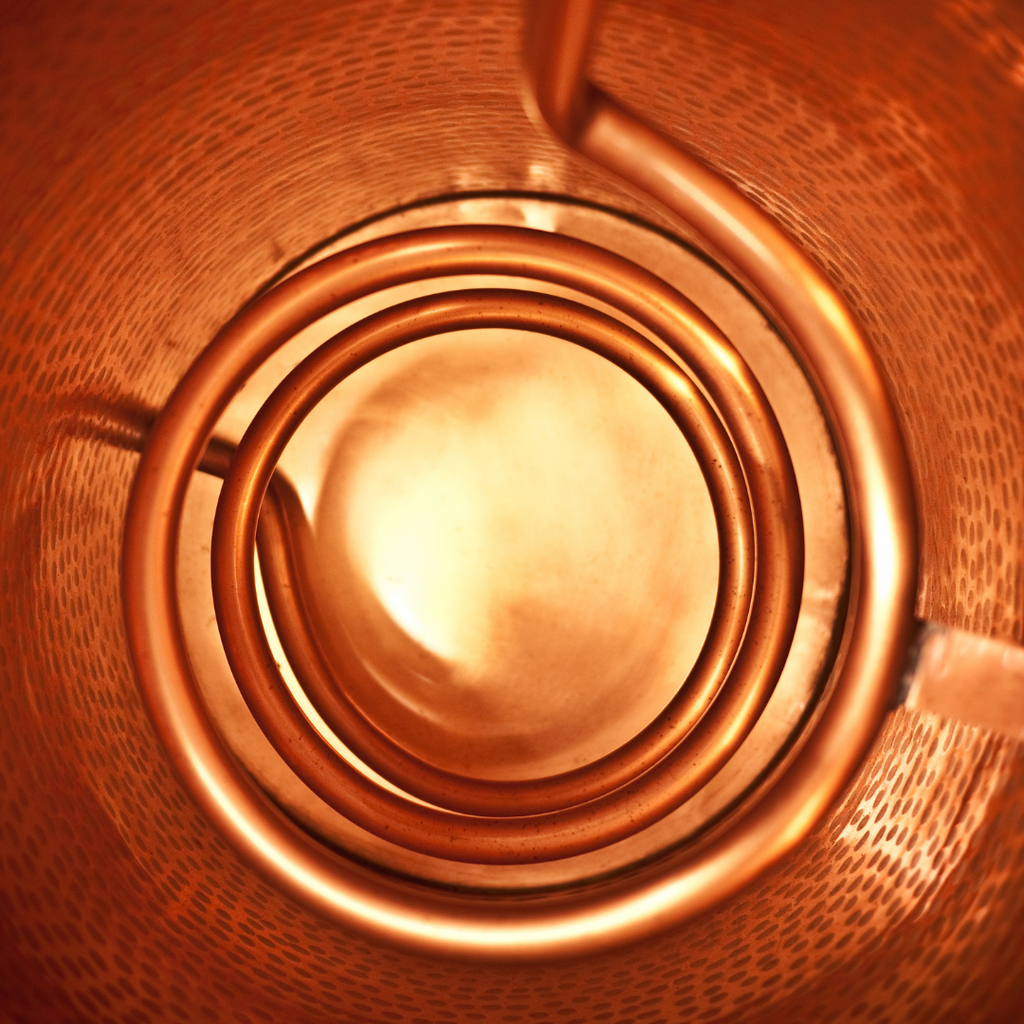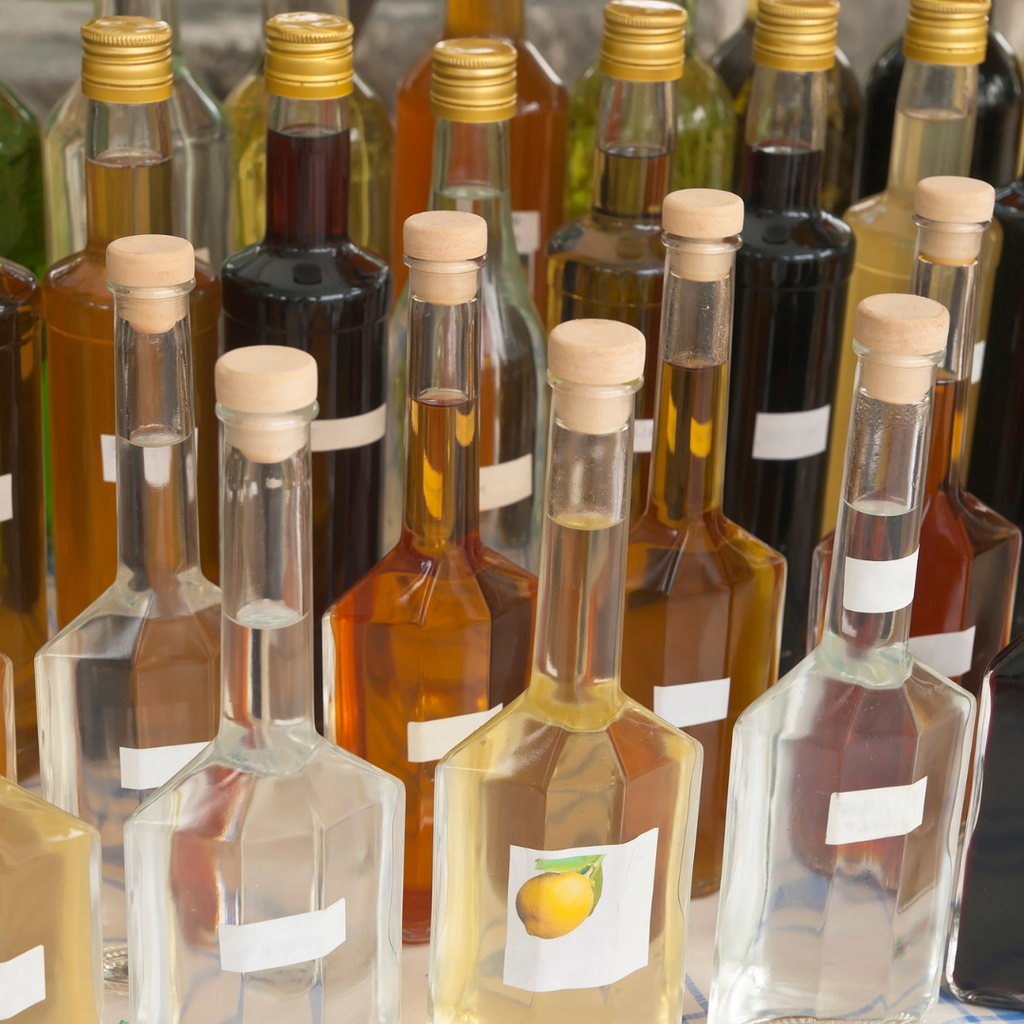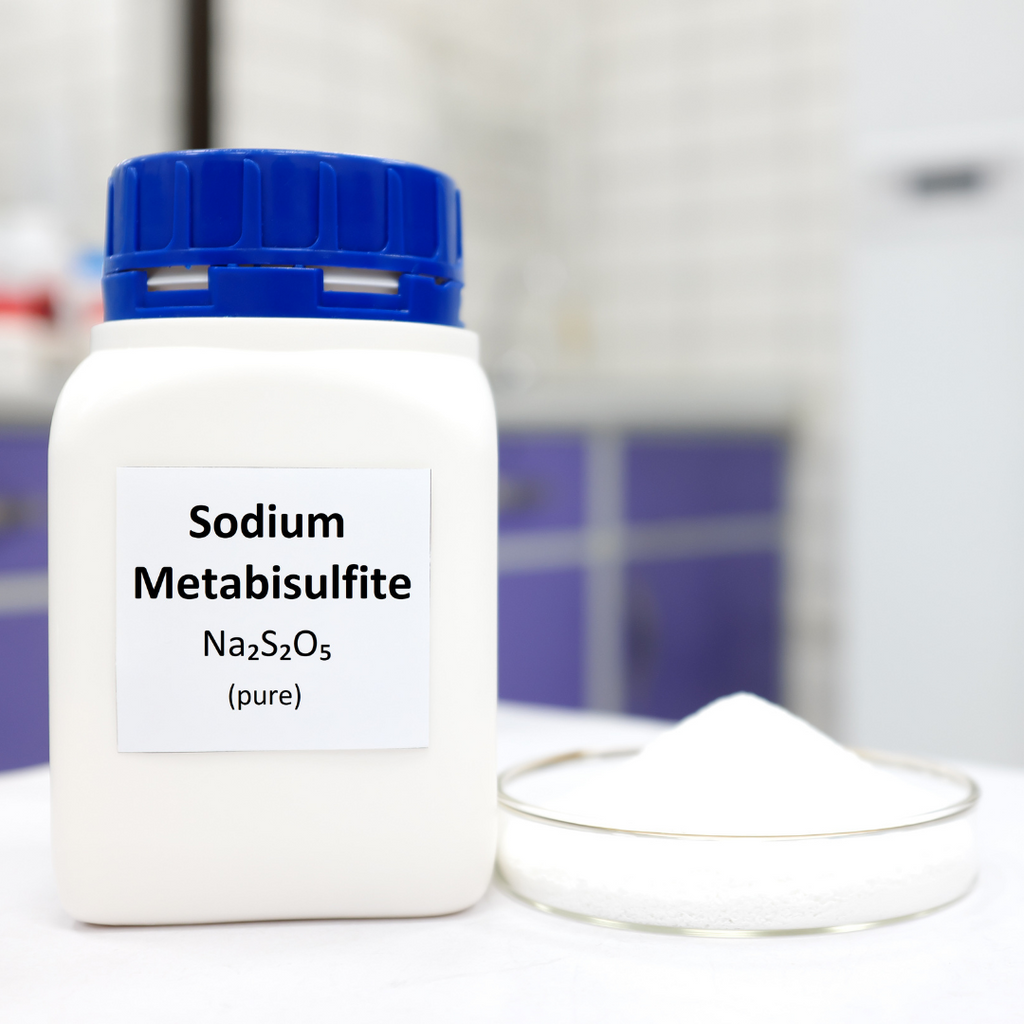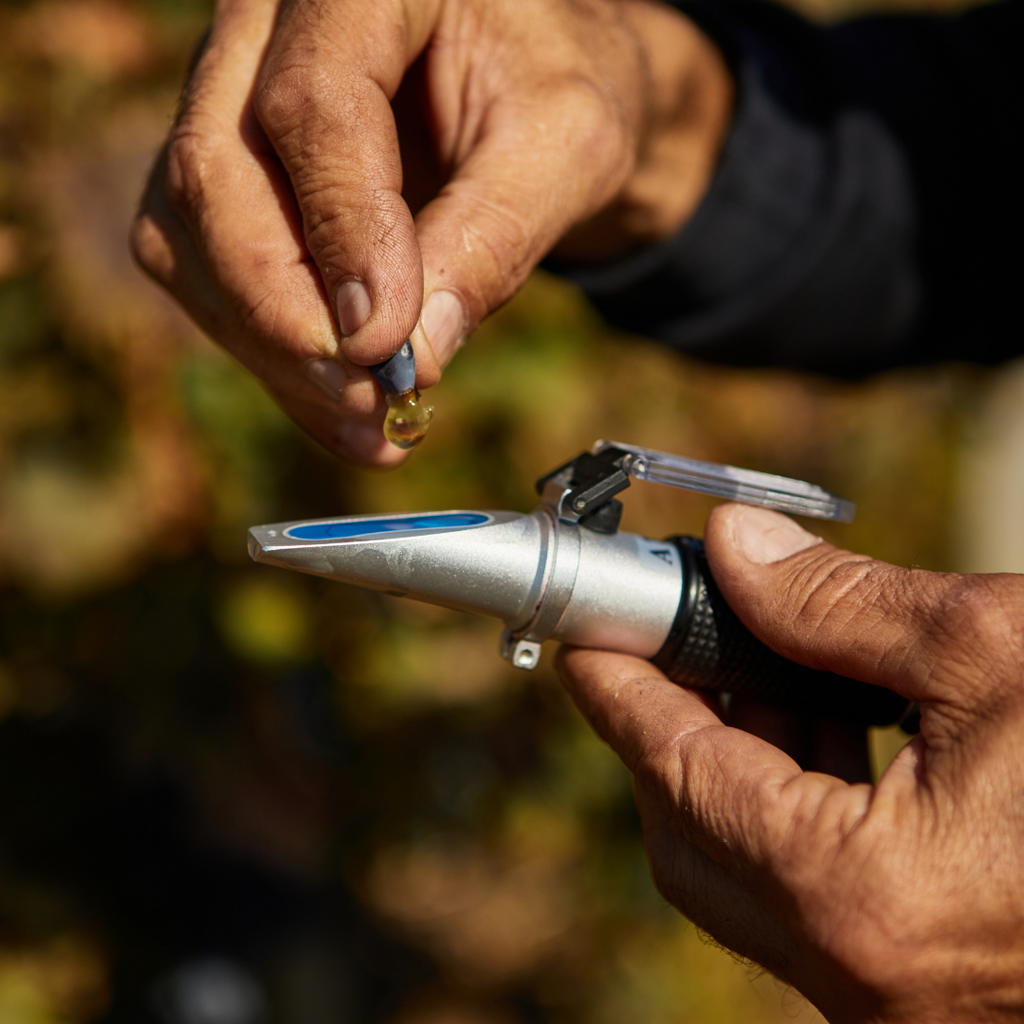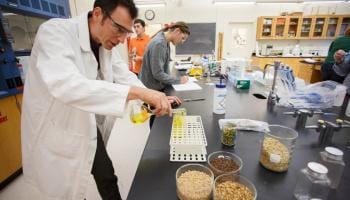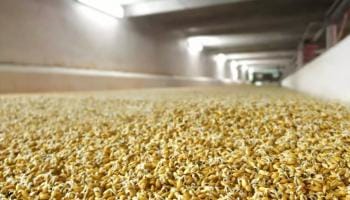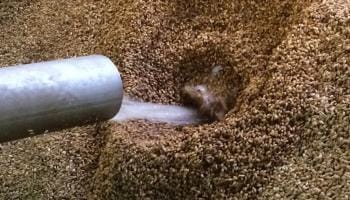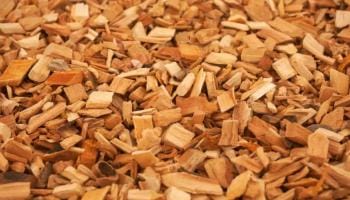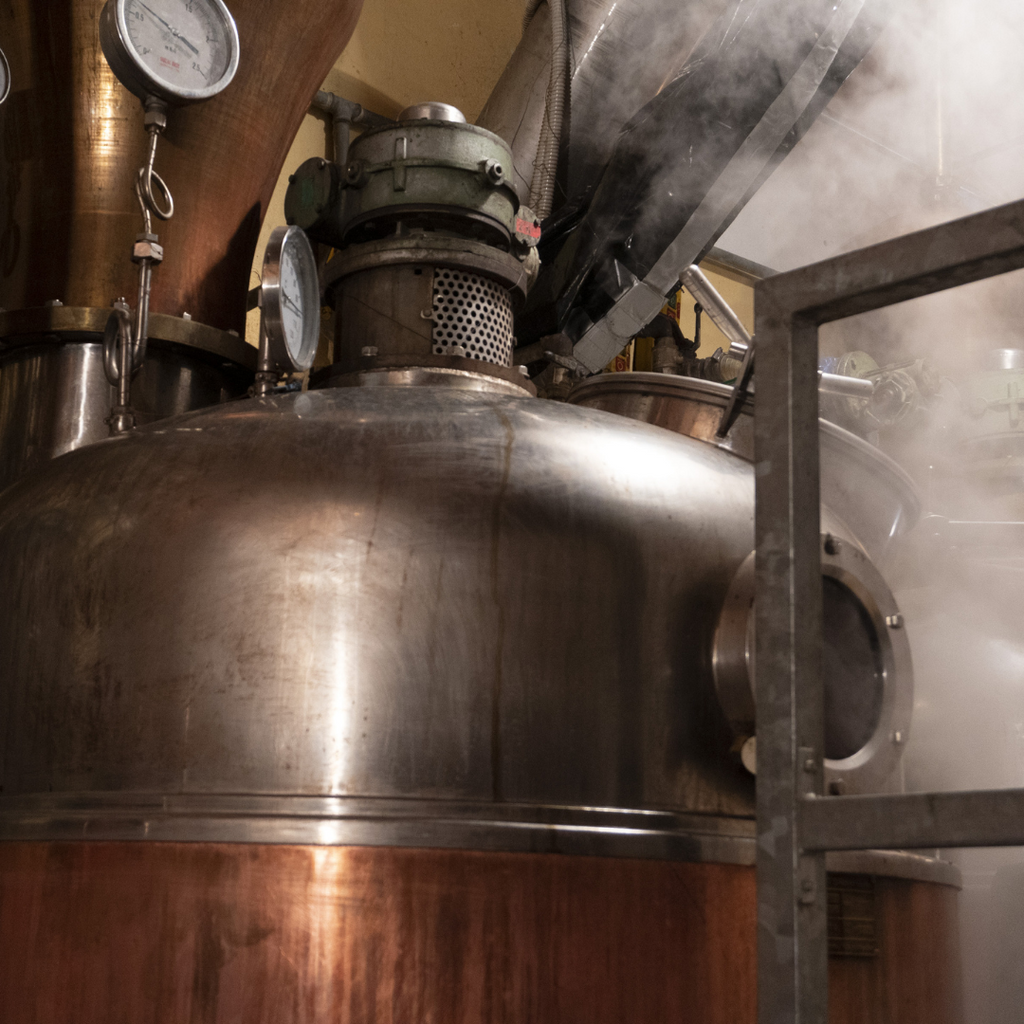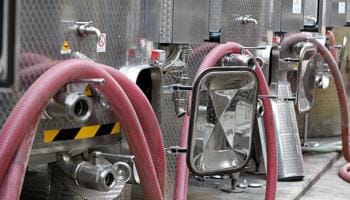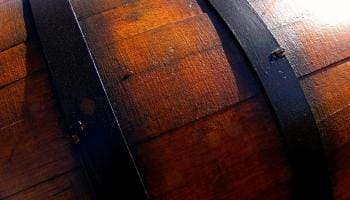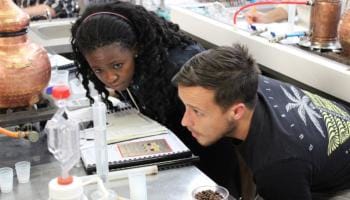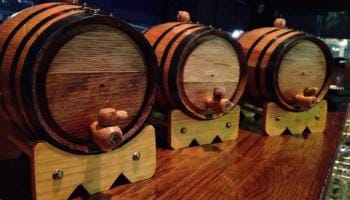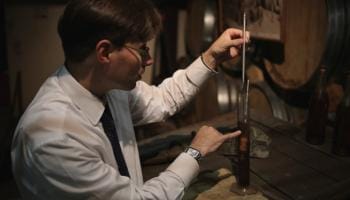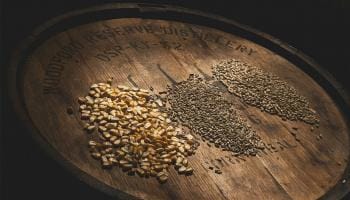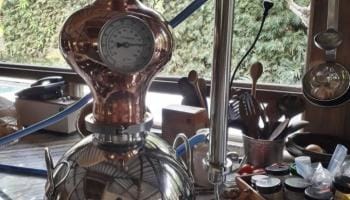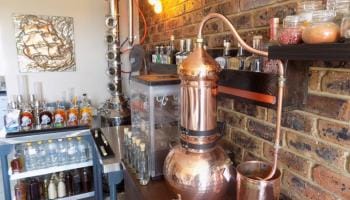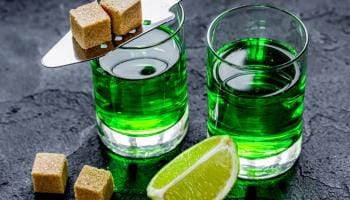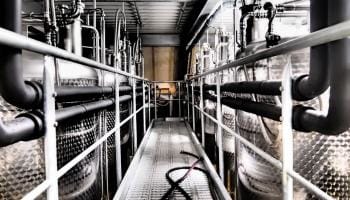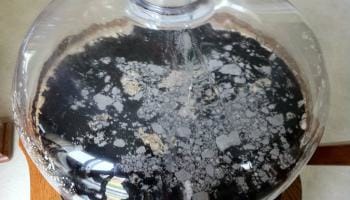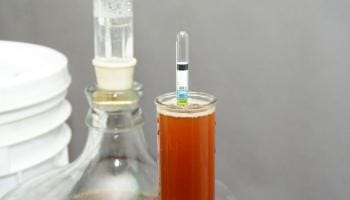Categories
Recent Articles
-
Beginner Home Distiller Series: Understanding Fermentation January 25, 2024
-
How to bend copper pipe and tube to make your own condensers. June 06, 2023
-
Mampoer Championships 2022 June 27, 2022

Articles Relating to Home Distilling by Distillique
Everything you have ever wanted to know about Legal Home Distillation - Legislation, Registration Process, Still Types, Record Keeping, Product Development, Techniques not allowed Commercially but which can be applied at Home, Recipes and much more.
Is Home Distilling Legal in South Africa?
Hobby or Home Distilling has been part of the South African culture - across all racial and cultural groups - since the 1600's when the first Distillation was done in Cape Town. Mampoer, Witblits and its cultural equivalents reached near mythical status during the 1900's, mostly due to Government interference and regulations. Much like the Moonshine Culture in the USA, the Mampoer Distillers themselves were also larger than life characters - rule breakers, challenging the status quo and defying the law.
Until Distillique came along, and actually started educating South Africans about LEGAL Home Distilling. Informing people that YES, you can Legally Distill at Home, and this is how you do it. The founding principle of Distillique was Hobby and Home Distilling, and from there we ventured into the arena of Commercial or Craft Distilling.
Articles in this section will explain how you Legally Distill at Home.
Can I sell Home Distilled Products?
This is the one question we often get, and we need to address it immediately - there is NO Legal way to sell a Spirit Product you produced without a Micro Liquor Manufacturing License, and some form of sales License, i.e. a National Distribution License, Provincial Distribution License, On Premises Consumption License, Off Premises Consumption License or a Tasting Room License (depending on Province). None of these licenses can be granted to a Residential Property (and even if you live on a farm, they will not grant a license to a distillery located in the actual Residential Building), therefore there is NO Legal way to sell Home Distilled Products.
This also applies to products produced by purchasing alcohol. Whether you purchase alcohol from a production facility, or over-the-counter vodka, and you turn that into some other alcoholic product (i.e. a Liqueur, Gin Lollies, Vodka Jelly, etc.), you are not legally allowed to sell that product again if you do not have a license - both to Manufacture and to Distribute or Retail.
-
Beginner Home Distiller Series: Understanding Fermentation
onWelcome to the exciting world of home distillation! In our first instalment of the Beginner Home Distiller series, we'll delve into the fundamental process of fermentation. Understanding fermentation is key to producing the perfect wash for your future spirits. What is Fermentation? Fermentation is a natural biological process where yeast, a single-cell organism, converts sugar into alcohol and carbon dioxide. This magical transformation is... -
How to bend copper pipe and tube to make your own condensers.
onBending copper tube and pipe is easy - Even if you have to do really tight coils. -
Mampoer Championships 2022
onKULTUUR STOKERS GILDE MAMPOERFEES 2 JULIE 2022, MET MAMPOER-KAMPIOENSKAPPE OP DONDERDAG 30 JUNIE 2022. Inleiding: Ons nooi alle Kultuurstokers en Artikel 116 Stokers in Suid Afrika om deel te neem aan die Nasionale Mampoerkampioenskappe te Willem Prinsloo Landboumuseum, (Ditsong) Rayton Pretoria, vanaf 28 Junie tot 2 Julie 2022. Die doel van die Mampoerfees is om die kwaliteit van die drank wat deur bogenoemde gestook... -
Sodium Metabisulphite vs. Campden Tablets
onIf you are a producer in the food and beverage industry, you are well aware of the importance of working in a clean and sanitary environment to prevent the spoilage of your product. The spoilage of food and beverages is mainly due to contamination through harmful and unwanted micro-organisms. Cleaning and sanitising are terms describing two very different processes. Cleaning is the process... -
Handy Sugar Calculations
onFirst published on Distillique's website 2015 GM Bosman Sugar is the most important chemical component in the production of alcohol and alcoholic products. No sugar, no fermentation, no alcohol. There are however certain situations where excessive sugar can be a detriment to our fermentation and products, as described in our Article about Successful Fermentations. We therefore need to know how much sugar we have,... -
Want to Import Distilling Equipment? Do your Homework!
onIf you would like to import distillation equipment yourself, please make sure you do your homework well! Is it Cheaper to Import a Still myself? A client recently claimed that: "I can import it myself at much less than what you're selling it!". Off-course this was a big concern for us and we did some investigation. The claim presented seemed to be factually correct ...or... -
Barley, Malting and Malt – Part 4 of 4: Attributes of Malted Barley
onDuring COVID-19 Lockdown, several basic Home Distilling (and Brewing) supplies – equipment and consumables - have been difficult to get hold of. Yeast, Nutrients, Enzymes and even Bubbler, SG Hydrometers and Alcoholmeters. One of the most problematic however, was Malted Barley. Not just because stocks and supplies had run out, but because the plants producing it was shut down.... -
Barley, Malting and Malt – Part 3 of 4: The Barley Malting Process – Kilning
onDuring COVID-19 Lockdown, several basic Home Distilling (and Brewing) supplies – equipment and consumables - have been difficult to get hold of. Yeast, Nutrients, Enzymes and even Bubbler, SG Hydrometers and Alcoholmeters. One of the most problematic however, was Malted Barley. Not just because stocks and supplies had run out, but because the plants producing it was shut down. Even... -
Barley, Malting and Malt – Part 1 of 4: Barley for Malting
onDuring COVID-19 Lockdown, several basic Home Distilling (and Brewing) supplies – equipment and consumables - have been difficult to get hold of. Yeast, Nutrients, Enzymes and even Bubbler, SG Hydrometers and Alcoholmeters. One of the most problematic however, was Malted Barley. Not just because stocks and supplies had run out, but because the plants producing it was shut down. Even under Level 3... -
Barley, Malting and Malt – Part 2 of 4: The Barley Malting Process – Steeping
onDuring COVID-19 Lockdown, several basic Home Distilling (and Brewing) supplies – equipment and consumables - have been difficult to get hold of. Yeast, Nutrients, Enzymes and even Bubbler, SG Hydrometers and Alcoholmeters. One of the most problematic however, was Malted Barley. Not just because stocks and supplies had run out, but because the plants producing it was shut down. Even... -
How do I make Rum?
onDISCLAIMER: Distillique does not believe in providing and selling recipes, as this goes against the Craft of producing your own products. The recipes we share have been sourced from clients and other sources, and as such, Distillique takes no responsibility and makes no guarantees regarding the quality, accuracy, or safety of these recipes. Recipes are used at own risk, and are for the purpose... -
Can I use Smoking Wood Chips in Home Made Spirits?
onRecently, with the massive increase in Home Distilling here in South Africa, a lot of people have been posting about using smoking chips and other woods on their distillate to wood it. Many people are very happy with the results, and others are not. One of those unhappy individuals mailed us this morning with a question, and we thought others... -
Dilution before Re-Distillation
onAnyone who has ever done a double or even triple distillation of spirits will know that every time you run the spirits through the still it gets "stronger" - the purity increases, the ABV% percentage rises. Whatever expression your prefer. Most Distillers (especially those that did their training with us) would also be aware (based on the Ethanol - Water Phase Diagram) that the... -
Different ways in which Still Shape Impacts Spirit Quality
onBoth the shape and size of a still has a significant effect on the character of the spirit being produced – and it has a lot to do with copper. In a previous article we explored the use of Copper in stills, specifically comparing it to the use of Stainless Steel, the removal of Sulphur Compounds, and whether or not the use... -
Choosing Suitable Fermentation Vessels
onAs with many thing in the Home and Craft Distilling Arena's, people make choices regarding their fermentation vessels based on training, education, experience, advice, habit, tradition and budget. As a result, many different containers and vessels are used - especially at the Home Distilling Level, for fermentations. Just some of these vessels are: Food grade buckets (25 litre capacity) Glass carboys ... -
Varnished Barrels - Can we use them for Spirits?
onWe received a Facebook enquiry from a client two days ago, asking whether or not he could use a varnished barrel to age spirits in. Our intuitive reacrion was NO. It cannot be done. And the reasons included the chances of Contamination – ethanol actually absorbing or dissolving some of the varnish into the spirit, reduced air and alcohol movement through the wood due to the... -
Can the use of Copper Stills cause Cancer?
onRecently an Article has been spread around through various Online Forums and Social Media pages, calling into question the use of Copper in Stills. The basis of this article is that during distillation Copper catalyses substances found in the fermentation into a compound called Ethyl Carbamate, and that this compound is Carcinogenic, and we should therefore not be using Copper Stills or Copper... -
The Effect of Boiling Rate on Fractions during Distillation
onOne of the catch phrases in the Home Distilling Community is “Low and Slow”. This refers to “Low Flame” or “Low Heat”, and the resulting “Slow” Distillation Process. This article addresses and explains this concept by describing the effect that the boiling rate in a batch boiler (i.e. not a continuous still) has on the composition of fractions during the... -
Cleaning a New Still for First Use
onOnce you have purchased a still from Distillique, the urge to set it up and immediately start using it is great, but there are a couple of steps you need to follow first. Any metal manufacturing process leaves a residue of manufacturing oils on the item manufactured, and these oils (and other residue) can negatively impact on your distillate and spoil it. The following... -
I Bought a Small Barrel - Now What?
onCongratulations. You are now a proud owner of a fine barrel, hand-made from French Oak, and most probably it has a bit of history attached to it. Most of our barrels started off their lives as Wine Barrels. Then they were used for Fortified Wines like Sherry or Port, And now they are finally ready to receive your spirits. But, like all beautiful things,... -
How do I Dilute my Spirits?
onThis is one of the most basic steps for any distiller, be it a Home Distiller, Hobby Distiller, Craft Distiller or Commercial Distiller. Your distillate (or infused product if producing Gin) will come out at a high percentage, and you need to dilute it down to bottling or legal strength. We do this by adding water. Sounds simple right? If only … How strong... -
Bourbon Grain Bills - What Grain(s) should I use?
onSo, you want to make your own Bourbon? What do you need, and what do you need to know in order to make Bourbon (or Whisky)? Can I trust information on the Internet or Social Media? Yes, I recognize the irony in posting on the Internet about not trusting information on the Internet, but let us move past that. The fact of... -
How do I Legally Distill at Home in South Africa? - Part 3: Record Keeping
onPLEASE NOTE: This is the third Article of Three, dealing with the Process of Legal Home Distilling. Please read all three Articles for a full idea on how it works. Probably the most common question we get from clients visiting our store: Is it Legal to Distill at Home? This is followed closely by the second most common question: How do I... -
How do I Legally Distill at Home in South Africa? - Part 2: Registration
onPLEASE NOTE: This is the second Article of Three, dealing with the Process of Legal Home Distilling. Please read all three Articles for a full idea on how it works. Probably the most common question we get from clients visiting our store: Is it Legal to Distill at Home? This is followed closely by the second most common question: How do I Register... -
How do I Legally Distill at Home in South Africa? - Part 1: Stills
onPLEASE NOTE: This is the first Article of Three, dealing with the Process of Legal Home Distilling. Please read all three Articles for a full idea on how it works. Probably the most common question we get from clients visiting our store: Is it Legal to Distill at Home? This is followed closely by the second most common question: How do I... -
Chasing the Green Fairy - Absinthe Facts and Fiction
onAbsinthe (The green fairy spirits) has shown a remarkable revival the last 20 years after having been banned in most of Europe for almost a hundred years. Although there were no legal definitions for Absinthe (except for Switzerland), until its inclusion into EU Liquor Legislation, there are very good guidelines on what makes a good, and what makes an inferior absinthe. Also, not a... -
Closed Cooling Systems and their Challenges
onMore and more we receive inquiries regarding Closed Cooling Systems. This refers to a closed loop for the water used during cooling to minimize water use. The reasons for these requests and wish to minimize water use are varied, but can be for economic reasons (to save money), for ecological reasons (environmental awareness) or practical reasons (a local water shortage). Before we discuss the... -
Bacterial Infections in Fermentations
onBacterial and mold Infections are unfortunate but not uncommon occurrences in fermentations, specifically grain, potato and other starch related fermentations. How do I know if I have a Bacterial Infection in my Fermentation? You can quite quickly spot a Bacterial Infection in your fermentation by the color change – the fermentation first going grey, then darker grey and finally black or a beautiful silky... -
Handy Sugar Calculations
onSugar is the most important chemical component in the production of alcohol and alcoholic products. No sugar, no fermentation, no alcohol. There are however certain situations where excessive sugar can be a detriment to our fermentation and products, as described in our Article about Successful Fermentations. We therefore need to know how much sugar we have, what that will give us in terms of...

